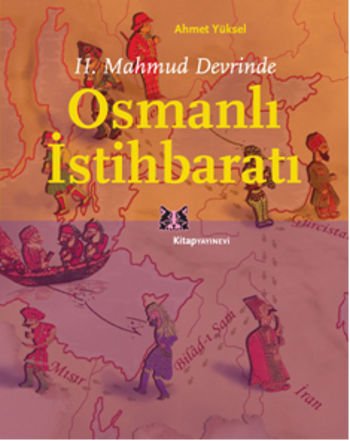
2. Mahmud Devrinde Osmanlı İstihbaratı
The Ottomans have benefited from intelligence since their founding. The way of use changed according to time and conditions. Sometimes around sultanate struggles, sometimes in the field of diplomacy, but mostly during military mobilization... The Ottoman elite tried to somehow stay informed about the military-political events developing around them or beyond their borders, as a reflection, no, necessity of being a great power... Except for periods of unexpected interruptions, the obligation has been fulfilled many times; through spies, disguises, merchants, passengers, prisoners, translators and sailors... The way they all benefited from them was different, and the information they provided was never accepted as absolute truth alone. At least one had to confirm the other... The most familiar face of Ottoman intelligence work was spies, and they came close to having the status of a permanent imperial officer, most notably during World War II. During the time of Mahmud... The fact that preventing counterintelligence activities was at least as important as intelligence activities was understood by the Ottomans, with the measures taken in that direction... Ottoman intelligence had many other characteristics, as well as difficulties and shortcomings... What was done to overcome these? Have the difficulties been overcome, the deficiencies completed, and the correct information obtained? There are many more questions and problems about Ottoman intelligence. The answers are in this book... Ahmet Yuksel is a lecturer at the History Department of Cumhuriyet University. He has many academic articles on Ottoman history and a book called Zaralı Mahir Pasha.
Number of Pages: 568
Year of Printing: 2013
Language: Turkish
Publisher: Kitap Publishing House
First Printing Year: 2013
Language: Turkish
| Publisher | : | Book Publishing House |
| Number of pages | : | 568 |
| Publication Year | : | 2013 |
| ISBN | : | 9786051051130 |
| The heart | : | Turkish |


